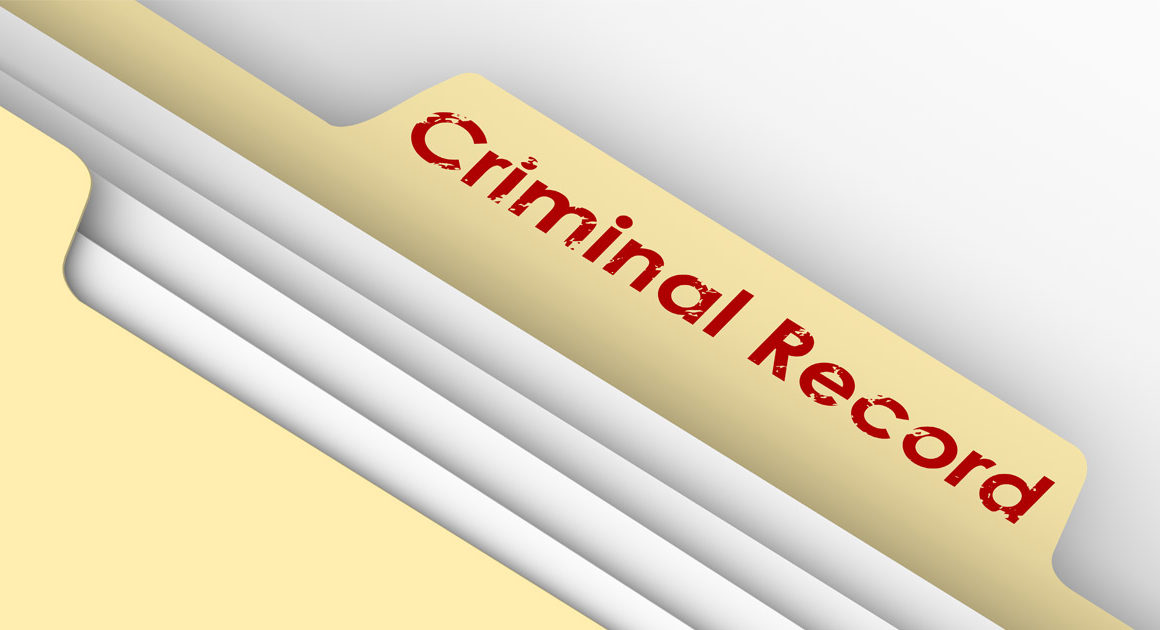The Clean Slate Provision for Expungements
In December of 2019, New Jersey Gov. Phil Murphy signed into law the Senate Bill 4154, which provides a path for expungement for a range of offenses that were previously barred from such relief. This “clean slate” provision has been created to help those who might not have had an opportunity for expungement in the past or became entangled in the complex judicial rules of the state.
Who is Eligible for Expungement Under the Clean Slate Provision?
There are different levels of eligibility based on the new provision. The standard waiting period for expungement has been lowered from six years to five years. The number of offenses that can be expunged has risen from four to five. Previously, only the most recent conviction could be expunged, provided that it was eligible for expungement.
Anyone who has remained offense-free for 10 years will have all offenses removed from the record as part of the new law. However, the offenses must be eligible for the program. Offenses like robbery, murder, aggravated assault, and sexual assault cannot be expunged.
Additionally, a drug charge will be considered a disorderly persons offense. This offense can be expunged like any other, provided that the offender has gone 10 years without another offense. Someone with two or more unrelated convictions could not have his or her convictions expunged. Under the new law, expungements are allowed for eligible offenses, even if both offenses occurred at the same time.
An important feature to note is that anyone who has an ineligible offense on his or her record cannot file for expungement. Moreover, someone who is convicted of an ineligible offense after expungement will have those expungements nullified.
While Gov. Phil Murphy believes a long record of law abiding citizenship is a good indicator of rehabilitation, anyone who goes back to a life of crime will lose the benefits of this new law.
How are Eligible Expungements Claimed?
Expungements can be handled through an online system that was created with this new law. The law eliminates all expungement fees, and it only asks for compelling reasons to expunge certain offenses. Someone who is seeking an expungement no longer must prove that it is in the public interest for them to receive an expungement.
The system is also automated. New Jersey plans to create a system that will expunge all eligible offenses after 10 years without filing. This system is currently in development, and the law requires the state to budget for this program.
Currently, someone who wishes to file for an expungement under the law must submit his or her expungement application, pay a standard filing fee, and wait for the paperwork to be processed.
How Can a Lawyer Help During This Process?
Filing for an expungement can be complicated if the offender needs to provide compelling reasons to have his or her record expunged. The offender’s crimes may stretch back for some time or may fall near the line of ineligibility. While the law states that violent offenses cannot be expunged, a lawyer may need to review the case if the offender believes he or she was wrongfully convicted and has already served his or her sentence.
Haddonfield Criminal Defense Lawyers at Aita Law, LLC Assist Anyone Seeking Expungement Under the New Clean Slate Provision
Reach out to one of our Haddonfield criminal defense lawyers at Aita Law, LLC for help with an expungement today. A member of our legal team will review your case and help you file for an expungement for all eligible offenses. Call us today at 856-287-7800 or contact us online for a free consultation. Located in Haddonfield and Marlton, New Jersey, we serve clients throughout South Jersey, including Cherry Hill and Camden County.

